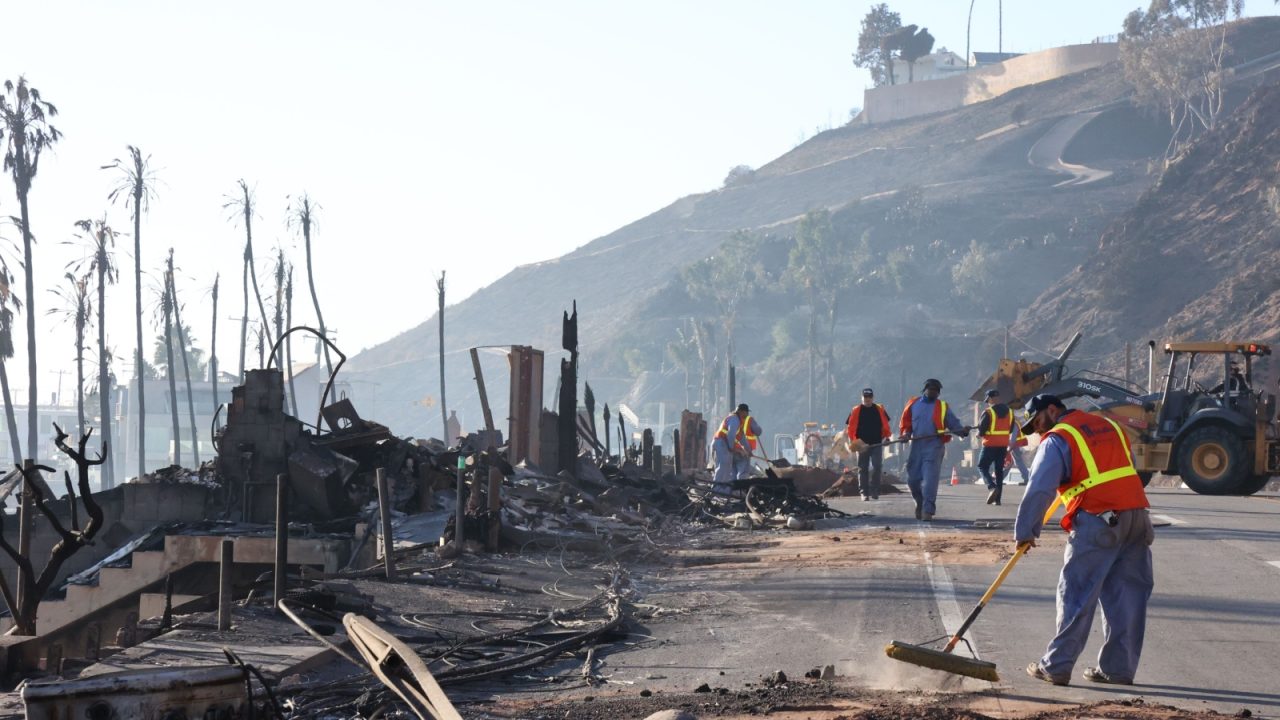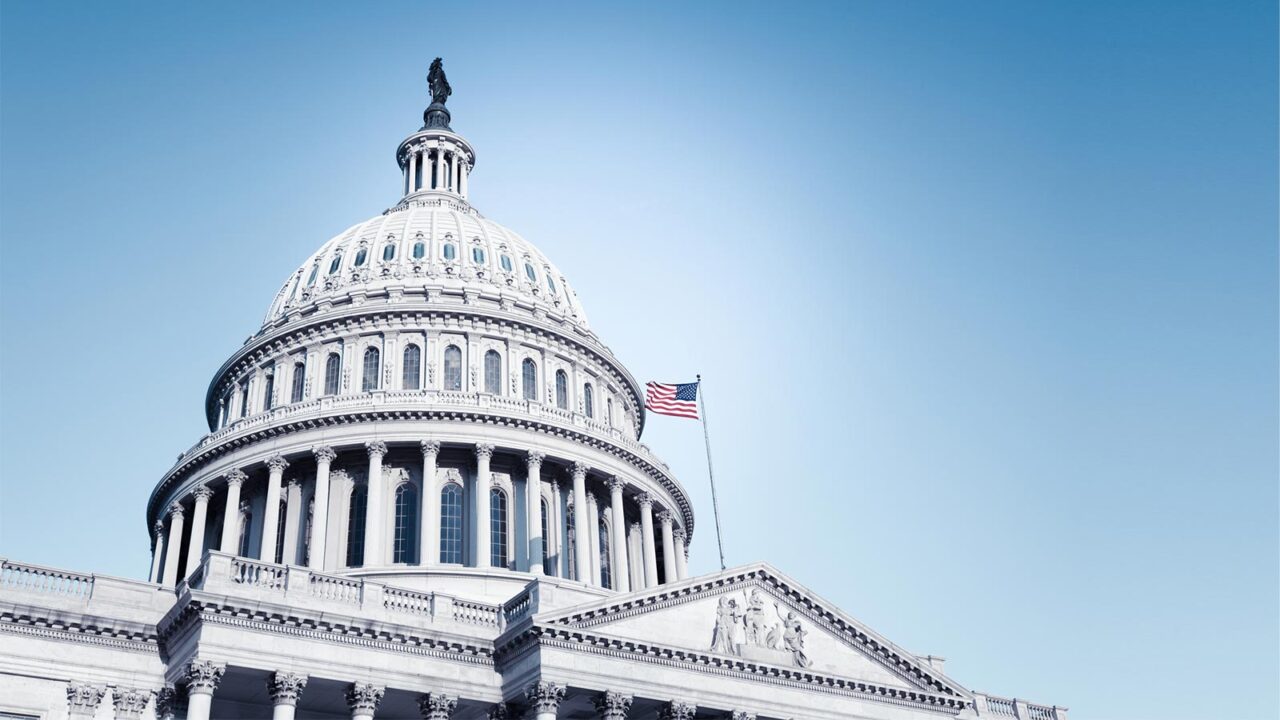On March 24, members of the Construction Industry Safety Coalition (CISC), including Associated Builders and Contractors, wrote to the U.S. Department of Labor’s Occupational Safety and Health Administration regarding recordkeeping and respirator enforcement during the COVID-19 outbreak.
CISC is comprised of 25 trade associations representing union and non-union general contractors and subcontractors of all sizes that work in all sectors of the construction industry, including commercial building, heavy industrial production, home building, road repair, specialty trade contractors and material suppliers.
In the letter, CISC states that “Treating confirmed cases of COVID-19 as typical ‘illnesses’ under the rule has the potential to skew the national statistics on injuries and illnesses and put construction employers in an almost impossible position of determining work-relatedness for a virus that is spread easily—like the common cold and flu—and is becoming widespread in all communities across the country.
“In addition, given the current shortage of N95 respirators and the request from Vice President Pence and other elected officials that construction employers donate N95 respirators to the public health community, the construction industry requests that OSHA consider adopting a flexible enforcement policy that allows greater use of administrative controls—including job rotation—to minimize workplace exposures to hazardous chemicals and maintain compliance with OSHA permissible exposure limits (‘PELs’). Doing so would reduce the need for construction employers to use respiratory protection on their jobsites, freeing up this equipment to be donated to healthcare facilities.”
CISC maintains that the illness should be exempted from the geographic presumption for work-related illness in order to avoid skewing an employer’s injury and illness rates. Furthermore, OSHA’s position could confuse national injury and illness statistics.
CISC has provided OSHA with alternatives to the regulation, including interpreting work-relatedness as only applying in cases where an employee contracts COVID-19 as a result of providing direct medical treatment to a person confirmed to have the virus.
Alternatively, OSHA could consider further interpreting work-relatedness in this context as only applying to situations where an employee contracts COVID-19 as the result of providing direct medical treatment to a person diagnosed with a confirmed case of COVID-19, or for employers to maintain a separate 300 Log of COVID-19 cases.
CISC has invited OSHA to the table to discuss these safety methods and regulations.
Read an analysis of “OSHA Recording and Reporting of Cases of COVID-19” from ABC general counsel Littler Mendelson P.C.







